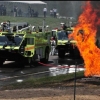
Radio Communication in Westchester
Started by
dwcfireman,
-
Recently Browsing 0 members
No registered users viewing this page.

Started by
dwcfireman,
No registered users viewing this page.